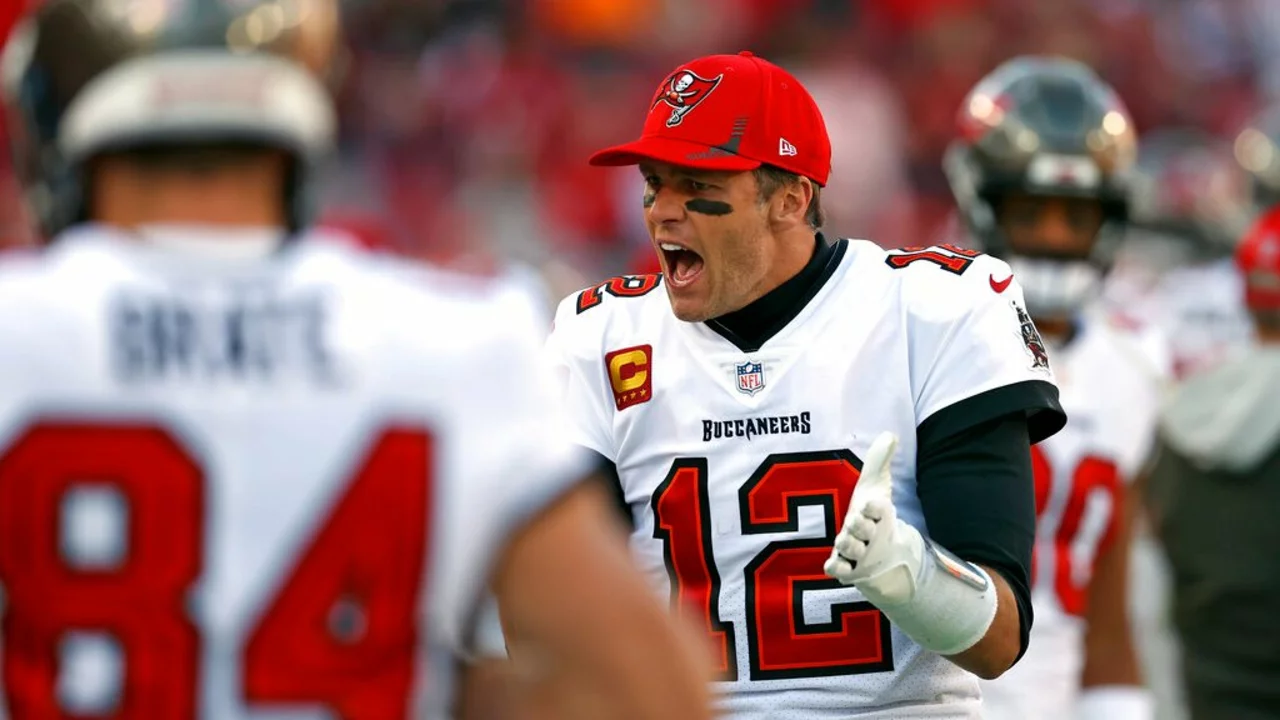Retirement in Sports: What It Means and How to Navigate It
When a professional player announces retirement, fans often feel a mix of shock, sadness, and curiosity. It’s not just a headline; it’s a major life shift for someone who’s spent years training, traveling, and living under bright lights. This page breaks down why athletes retire, what they need to sort out before the final whistle, and the paths they can take once the game is over.
Why athletes retire
First off, retirement isn’t a sudden decision made on a whim. Most players weigh several factors: age, injuries, contract status, and personal goals. A lingering knee problem can make daily practice feel like a grind, while a new family obligation might push a star to prioritize home life. Money also plays a role—some athletes retire early because they’ve saved enough, while others stay on the field until the last paycheck is needed.
Beyond the physical, the mental side matters a lot. Burnout is real; after a decade of constant pressure, the desire for normalcy can become overwhelming. Many players also want to avoid the risk of ending their career on a low note, such as a big loss or a serious injury, preferring to walk away while their reputation is still strong.
Life after the final whistle
Once the contract is signed and the jersey is hung up, the real work begins. Most retirees jump straight into planning: they update their finances, meet with advisors, and figure out health insurance that covers them post‑career. A solid financial plan can turn a short‑term cash flow problem into long‑term stability.
Many ex‑players stay close to the sport. Coaching, broadcasting, or becoming a brand ambassador are common routes because they let former athletes use their expertise while staying in the spotlight they love. Others pursue completely new passions—some go back to school, start businesses, or volunteer in their communities. The key is finding a purpose that feels as rewarding as the competition once did.
If you’re an athlete thinking about retirement, start the conversation early. Talk to your family, a trusted mentor, and a financial planner. Set clear milestones—like deciding when to announce the news, how to handle media, and what post‑career steps you’ll take. A proactive approach reduces the stress that comes with such a big change.
For fans, recognizing that retirement is a personal, multi‑layered decision helps you appreciate the athlete’s journey. Celebrate their achievements, respect their need for a new chapter, and keep supporting them in whatever path they choose next.





